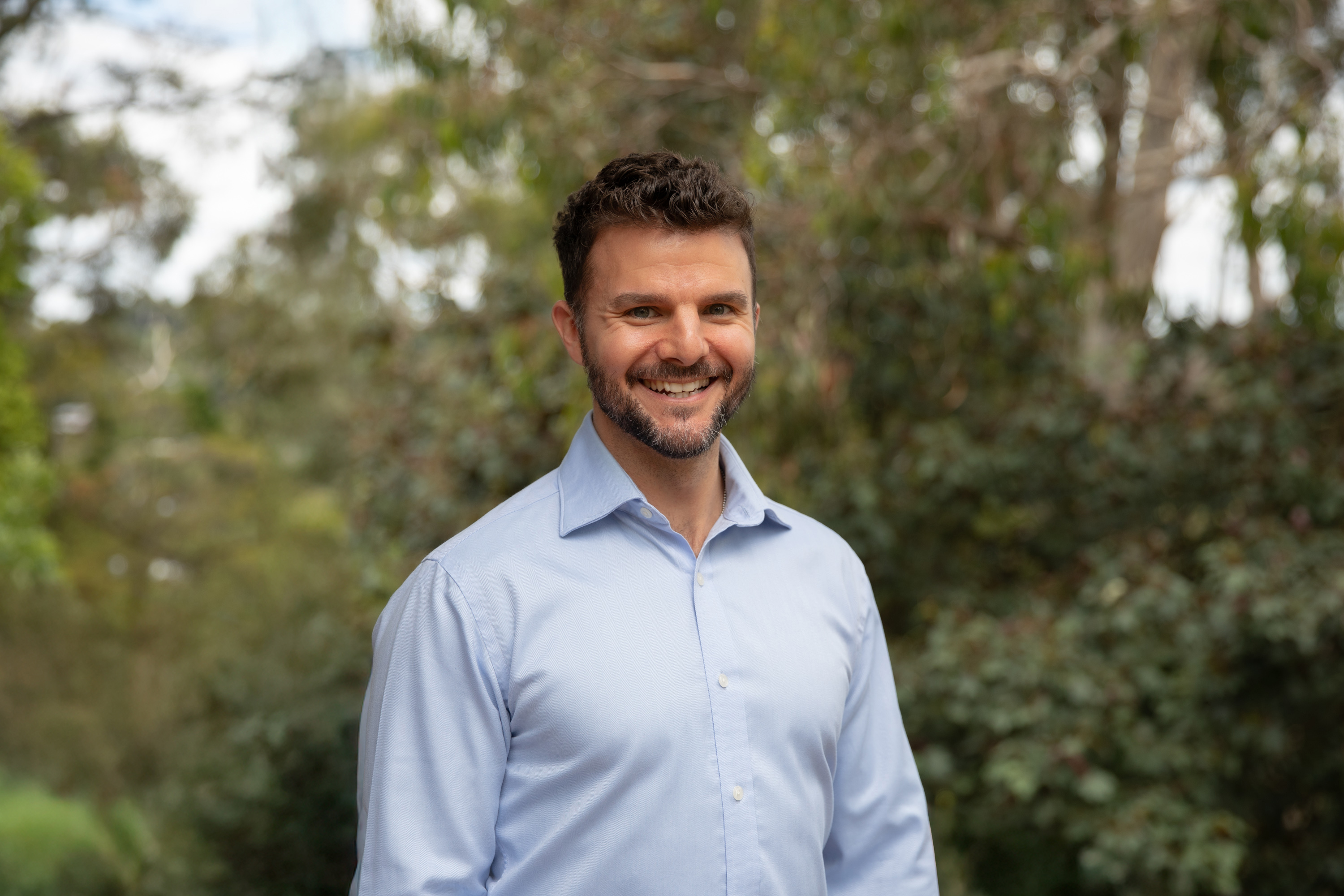This blog navigates…
“How does counselling work?”
Struggling with anxiety, stress, or self-doubt?
Learn how counselling helps you gain clarity, build resilience, and take meaningful steps forward.
Ever feel like your mind won’t switch off?
Me too!
Stress, anxiety, and self-doubt can feel overwhelming, like being stuck in a loop of overthinking with no clear way forward. Maybe you’ve been considering therapy but aren’t sure if it’s the right step. “Is seeing a therapist worth it?” you might ask.
Read more about the benefits of counselling here
If you’ve ever felt stuck in your emotions, unsure how to move forward, or simply needed someone to talk to without judgment, counselling can help.
This post will walk you through what therapy actually is (and isn’t), clear up common misconceptions, and help you decide on the next step that feels right for you.
What is counselling, and how can it help?
At its core, counselling is a safe, confidential space where you can explore your thoughts, feelings, and challenges with the guidance of a trained professional.
Unlike talking to a friend or family member, therapy offers unbiased support and practical tools to help you navigate life’s challenges.
Whether you’re struggling with stress, grief, or just feeling lost, counselling can help you:





Common misconceptions about therapy:






5 ways counselling can help you move forward:
1. Gain clarity and self-awareness
Sometimes, we don’t even realise how much we’re carrying until we say it out loud. Counselling helps you understand your emotions and why certain patterns keep showing up.
2. Reduce anxiety and stress
Therapy provides tools to calm racing thoughts, set boundaries, and manage overwhelm.
3. Improve relationships
Whether it’s with a partner, family, or colleagues, counselling helps you communicate more effectively and build healthier connections.
4. Heal from past experiences
If you’ve been through trauma, loss, or difficult life events, therapy provides a space to process and heal at your own pace.
5. Build emotional resilience
Life will always have challenges, but counselling helps you develop coping skills to navigate them with confidence.
What to expect in a counselling session:
If you’re new to therapy, you might wonder what happens in a session.
Here’s what you can expect at Solid Foundations Counselling:




The first session is simply about understanding your needs and seeing if counselling feels right for you.
Read more about what to expect in your first session here
How to get started:
If you’re feeling stuck, you don’t have to figure it out alone.



